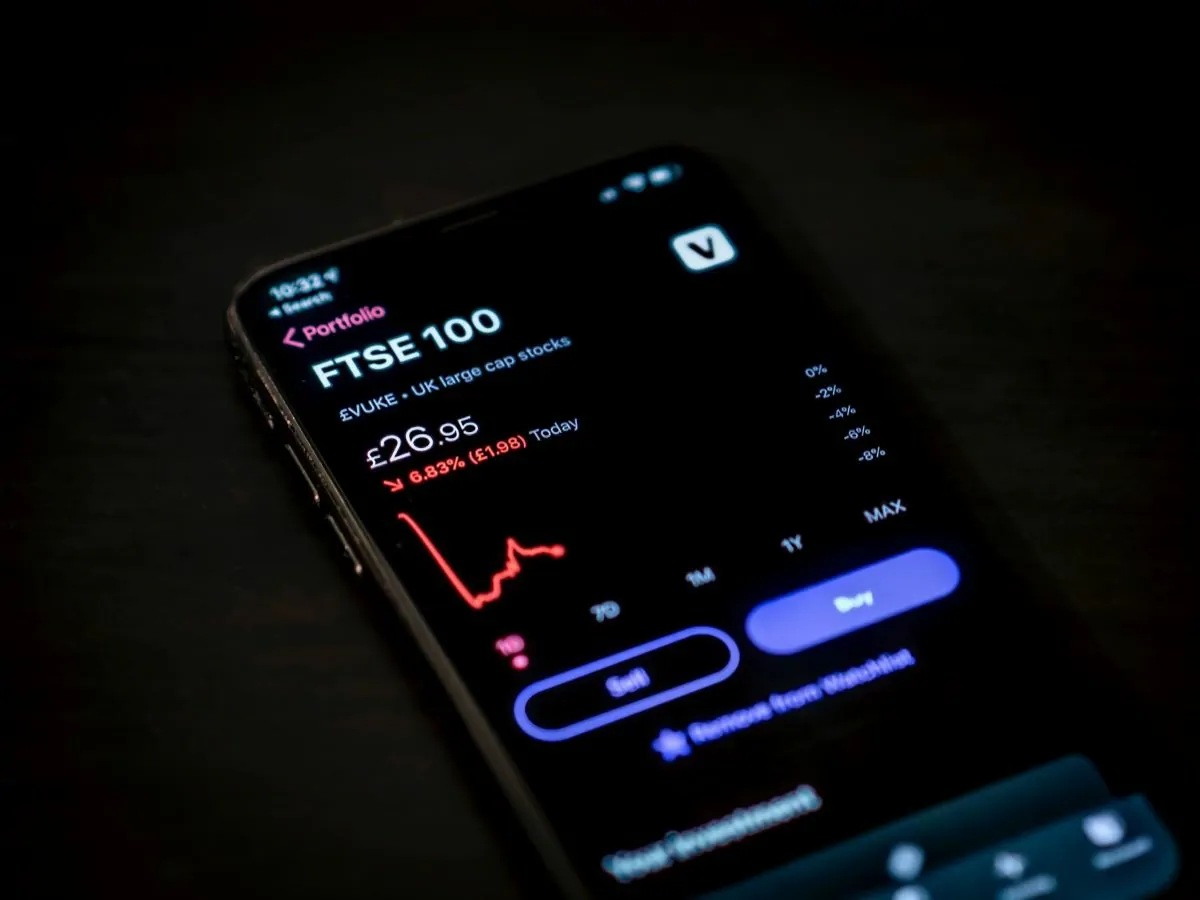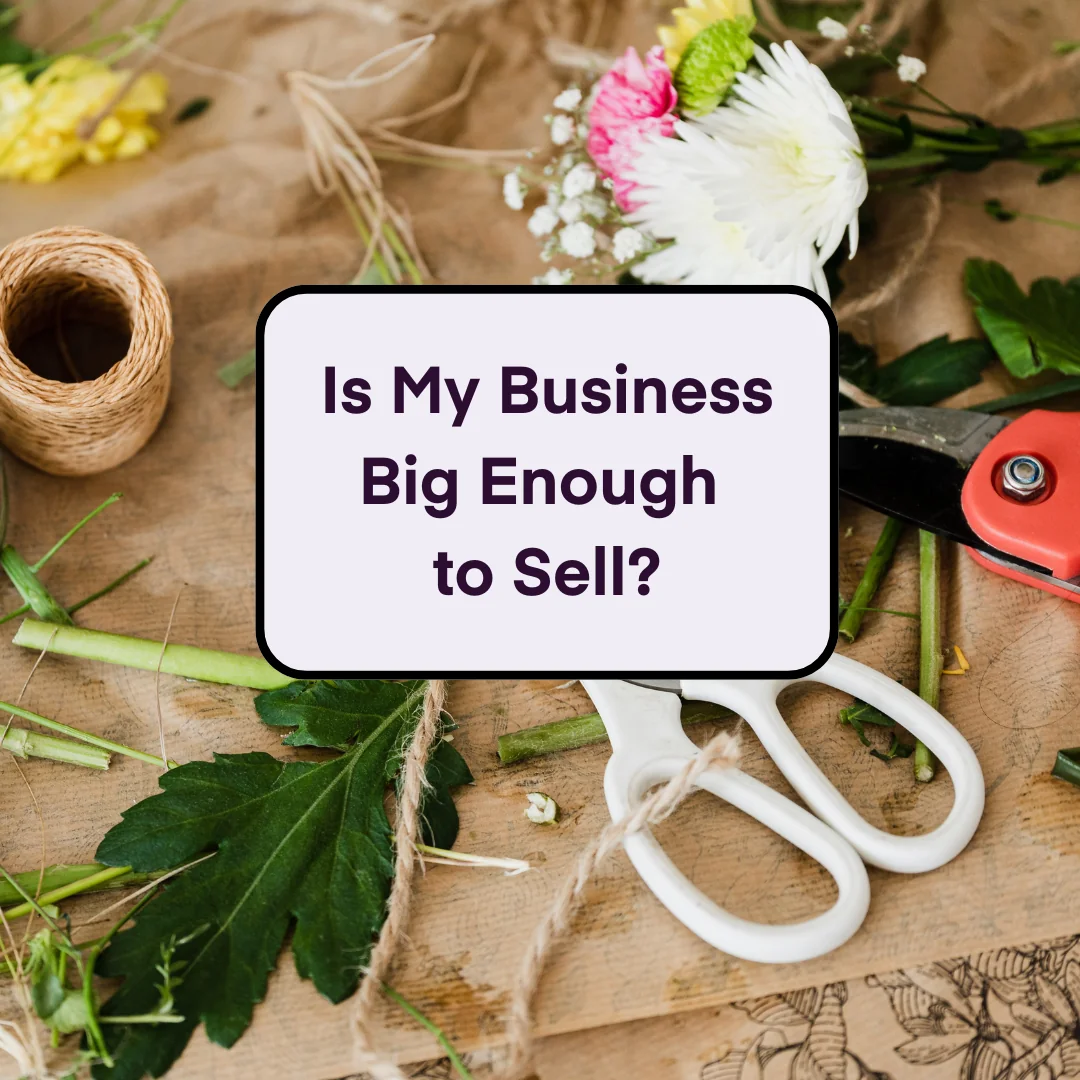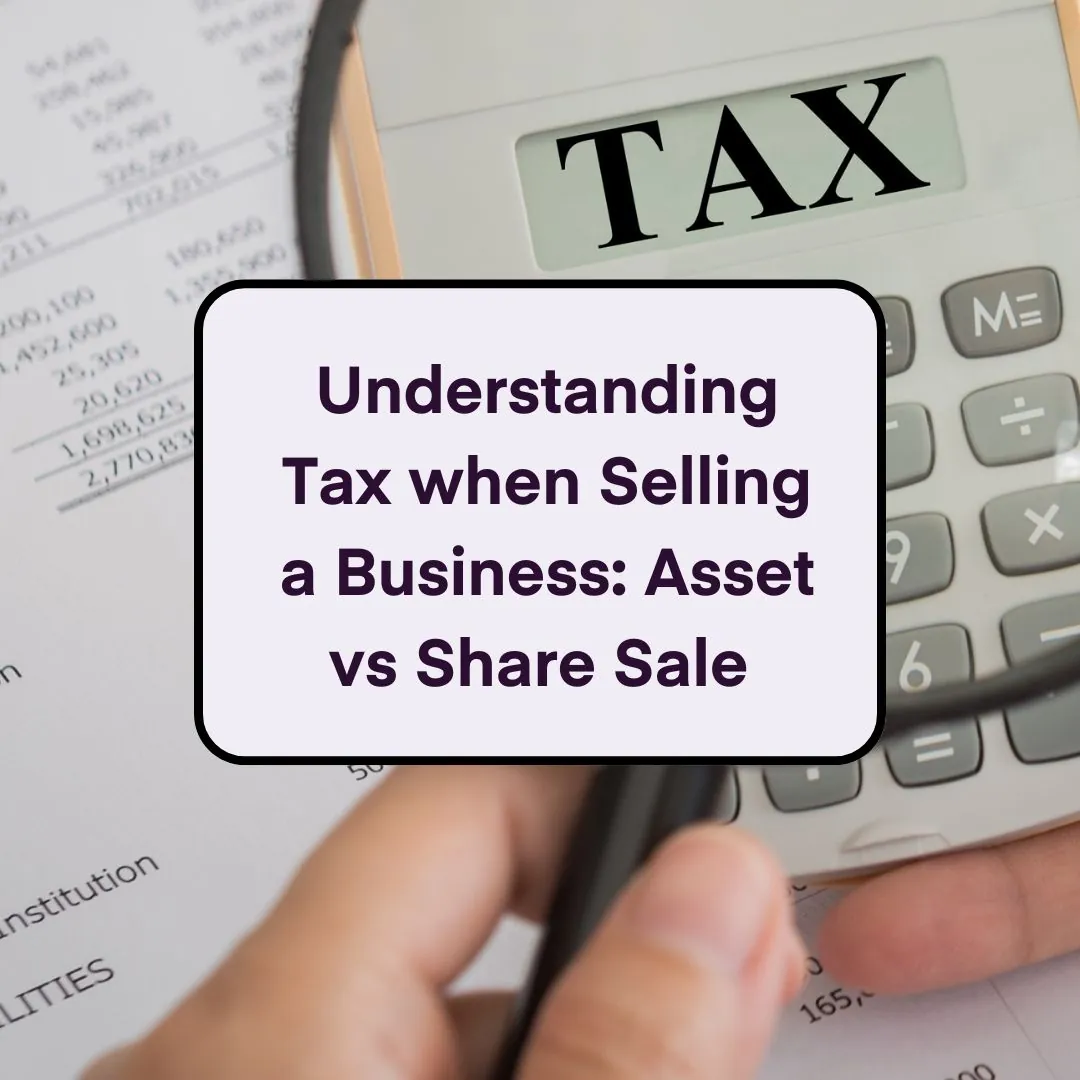
From fringe to focus – the rise of vegan businesses in the UK
20 Oct 2017Food, clothing, climate, wildlife - society’s interests are changing and the environmentally-conscious cohort is thrusting veganism and a plant-based lifestyle into the limelight.
Last year at least 542,000 people in the UK considered themselves vegan, up from about 150,000 10 years ago, according to the Vegan Society. Although more than one in 10 (11%) of UK consumers have tried a vegan diet, that figure rises to 20% for the under-35s, according to a February 2017 report from Mintel.
The same trend of growth applies to Vegan businesses, which are sprouting up across the UK to service this demand. Between 2012 and 2016, there was a 185% jump in the number of vegan products launched in the UK, while 9% of food products launched in the UK in last year carried a vegan claim, up from 3% in 2012, according to Mintel.
As a small business accountant, we have had a first-hand view of this shift in consumer demand, and such trends have been met by clients of ours, one of them being Bourgeois Boheme, a vegan shoes manufacturer in London.
Ahead of the curve
Bourgeois Boheme was created back in 2005 by Alicia Lai, a qualified podiatrist who couldn’t find any quality and style-led vegan accessories and footwear on the market at that time.
Alicia acted on her own initiative, selling online vegan accessories and footwear based on her ethics as a vegan and ensuring no animals are harmed for any reason, fashion included.
“I had a sabbatical for 2 years to spend time with my 2 young children and re-launched Bourgeois Boheme in 2014 as an exclusively vegan footwear brand. It was a desire to show that there was a better way to produce fashion for the environment, factory workers and animals,” said Alicia.
“As a sustainable and vegan company this extended to showing the best alternatives to animal derived materials as well as keeping true to our ethics of doing things more sustainably and fair,” she added.
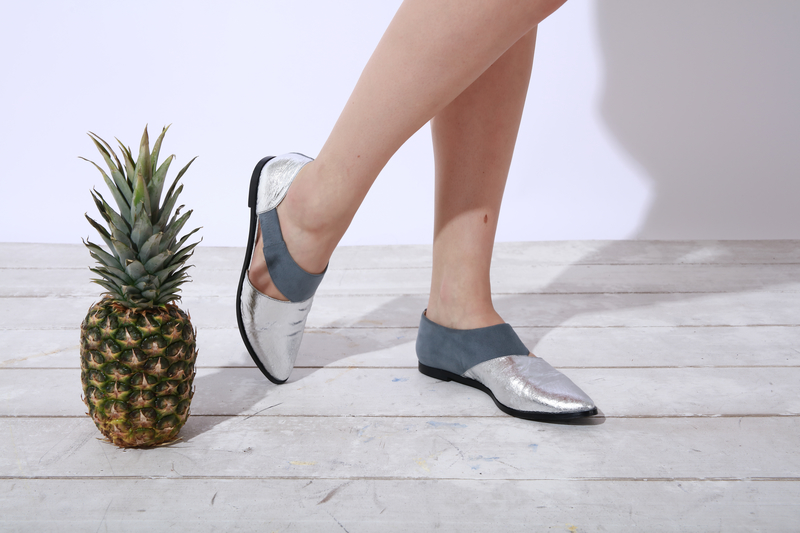
An ethical ethos
Consumers in 2018 are taking veganism and the overall concept of sustainability very seriously. This is best reflected in the fact that millennial shoppers in the UK are prepared to pay as much as 25% more to a company who put the environment at the core of their operations.
“Our motto has always been that a good vegan shoe is not just about excluding animal materials. We care first and foremost about designing animal and environmentally friendly shoes which stand the test of time, but also being pioneers of new innovative materials which sets us apart from other brands. We work with Piñatex (pineapple leaf fibre), cork, eco-stone (natural slate stone), bio-polyoils, among other innovative materials.
“We are also focused on the fact that our shoes are made ethically and our producers are looked after and paid fairly,” said Alicia.
Bucking the trend
The common conception when it comes to shoes is that the best kind, generally, are made of high-quality leather. This, in turn, lends itself to the idea that regardless of a sustainable, vegan ethos, Bourgeois Boheme will struggle to match the mainstream, non-vegan competitors for quality.
However, despite the challenges, quality has, and will not, be sacrificed in order to conform with the company’s mission.
“Starting any business has its challenges and we make our lives very hard here as we aim high with regards to fulfilling our strict criteria regarding ethical production, sustainability, non-animal based materials and great quality,” said Alicia.
“Finding factories to work with us with non-leather materials was a mission. Any partner we work with must understand our company ethos.
“We sampled with many factories before we chose our final two partners. Working with faux leather is very different to leather and we then throw into the equation Piñatex, cork, eco-stone, and other innovative materials, which need extra attention and handling.
“Our two partner factories are patient and willing to experiment with us which is amazing to produce the great quality footwear for Bourgeois Boheme,” she added.
Beyond the quality of shoes and whether or not they are comprised of leather, it appears that beyond quality, the use of leather has equally as severe implications on the environment, as well as workers deployed on in the warehouses of fashion labels who produce leather products.
“Leather used for fashion unfortunately is not very natural and far from being a by-product of the food industry.Toxic chemicals such as zinc, lead, dyes, cyanide and formaldehyde are used to treat it, which makes it decompose very slowly, producing a greater quantity of refuse which has an obvious negative environmental impact,” said Alicia.
“Tanneries consume a lot of energy and are very polluting; and the carcinogenic chemicals used negatively affect the health of workers, too,” she added.
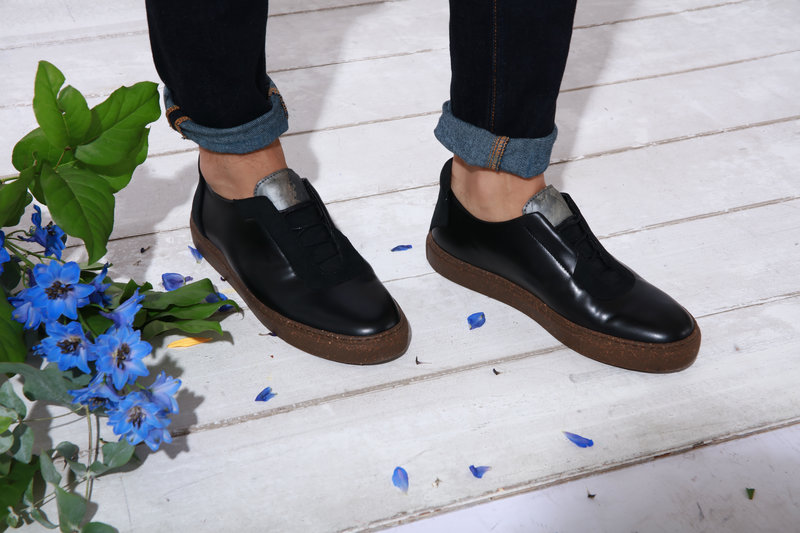
The future of veganism in business
The statistics from the beginning of this article speak volumes for where the vegan community has come from and how it has evolved, both in society and business, over the last five years in particular.
Needless to say, the future of vegan businesses looks bright, with innovation serving as a vital ingredient of their success, it seems the environment won’t be the only thing to benefit from the rise of veganism, but consumer groups will, too.
“We are always trying to make our ranges as sustainable as possible with extensive research in eco-friendlier materials which will differentiate our collections.
“It’s great seeing new brands getting involved in ethical processes, and increasingly current brands are switching over, which is really promising to see in action.
“Speak to other ethical brands, we are a friendly group and there are organisations such as the Ethical Fashion Forum where you can source advice and information.
“If you are looking for a product that ticks all the boxes in regard to innovation, compassion to animals, people and the environment, look no further,” said Alicia.

